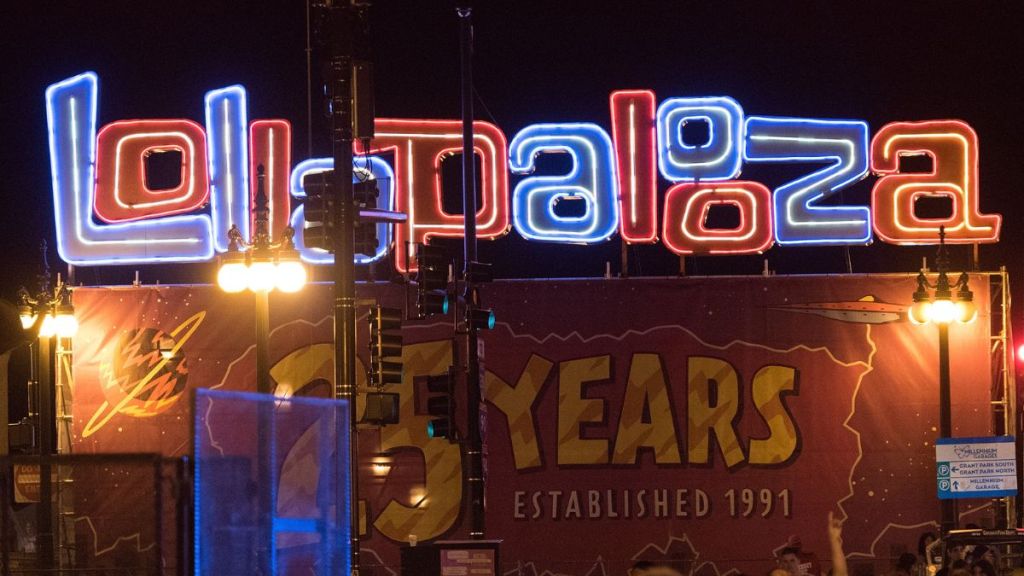Paramount+ recently released the trailer for the upcoming 3-part documentary series, Lolla: The Story of Lollapalooza. Reports suggest this project will premiere on the streamer on May 21, 2024.
Lollapalooza is perhaps one of the most well-known American music festivals in modern times. Its first-ever edition was held back in 1991 after its cofounder, Perry Farrell (Jane’s Addiction’s vocalist), got inspired by the Reading Festival. Interestingly, Lollapalooza 1991 aimed to bid farewell to Jane’s Addiction’s touring.
Apart from Jane’s Addiction, its first ever lineup consisted of:
- Siouxsie and the Banshees
- Living Colour
- Nine Inch Nails
- Ice-T & Body Count
- Butthole Surfers
- Rollins Band
Lollapalooza was different from popular music festivals like Woodstock, the US Festival, and A Gathering of the Tribes because it was not a one-time event in a single location. The bands mentioned above toured across 20 cities in the USA and Canada and attracted massive crowds. The festivals became an instant hit, and they only became more popular in subsequent years. One of the main reasons for Lollapalooza’s popularity was not only the music and bands but also non-musical acts. They promoted counterculture by featuring Shaolin performances, and art displays, and they also gave a platform to environmental and political activists.
The boom of alternative and grunge rock was the festival’s formula for success. After its first edition, bands such as Pearl Jam, Soundgarden, Red Hot Chilli Peppers, Ministry, and Jesus & Mary Chain performed here. Unfortunately, the late 1990s were a nightmare for its organizers.
Per IMDb, the synopsis of Lolla: The Story of Lollapalooza reads, “In the summer of ’91, the Lollapalooza music festival was born. What started as a farewell tour for the band Jane’s Addiction, rose from the underground to launch a cultural movement and change music forever.”
Lollapalooza saw a decline in the late 90s but the festival was revived in 2003
According to The Revolver Club, the first few years of Lollapalooza enjoyed immense success. However, music trends changed in the late 1990s, and this resulted in the festival’s downfall. For its 1997 edition, organizers failed to secure sponsors. Furthermore, Lollapalooza 1998 did not have a headline artist, which led to the cancellation of the festival.
Lollapalooza was on hiatus from 1997 to 2002. 2003, saw the reunion of Jane’s Addiction, and the festival made a massive comeback. Its organizers decided that this edition of the festival would be the last time they would use a touring format. Even though Lollapalooza 2003 was a huge success, its next edition was canceled due to poor ticket sales. This prompted Perry Farrell and his team to return to the drawing board and change its format.
From 2005, Lollapalooza became a “destination festival”, and Chicago’s Grant Park became its permanent home. Since 2011, the festival has been organized in several cities across the world, such as Berlin, Paris, Sao Paulo, Mumbai, and more. In a conversation with WGN, its cofounder, Perry Farrell, stated, “Maybe we can’t go to everywhere in America but what about the world? The world has changed in that borders aren’t so important anymore.”
While lineups at these festivals weren’t the same, the enthusiasm from fans of various countries was enormous.










